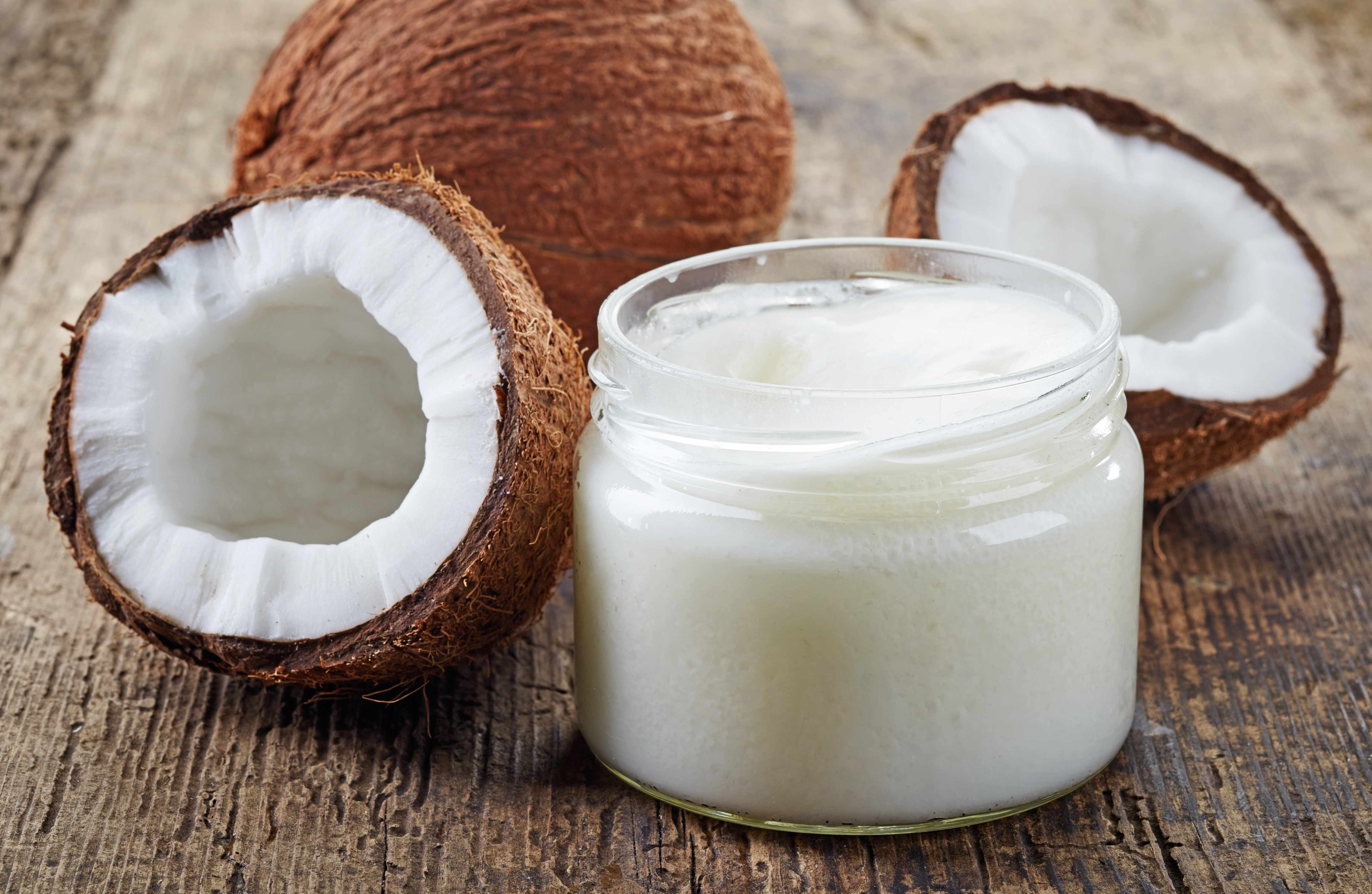-
Cardiovascular
Coconut oil has more saturated fat than lard

Coconut oil isn't heart healthy, according to the American Heart Association.
Dr. Donald Hensrud, medical director of the Mayo Clinic Healthy Living Program, says, "While there is little data on the direct effects of coconut oil on cardiovascular disease, the AHA advised against using coconut oil because it raises low-density lipoprotein, or LDL cholesterol."
Dr. Hensrud says the American Heart Association reviewed evidence on different dietary fats and cardiovascular disease, and the comprehensive review concluded that, while coconut oil does not raise LDL cholesterol, often termed "bad" cholesterol, as much as long-chain saturated fats, it does raise LDL cholesterol. This increase in LDL cholesterol, increases the risk of heart disease.
"To say that saturated fat or coconut oil is healthy, and we should be eating more coconut oil and foods that contain saturated fat, such as butter and red meat for health reasons, is not correct,” says Dr. Hensrud. "Nutrition is an area in which there is sometimes confusion or controversy, and the health effects of saturated fat and coconuts are two examples."
Dr. Hensrud says, "Current data shows replacing saturated fats with unsaturated fats will lower LDL cholesterol, and therefore the risk of heart disease.”
“To say that saturated fat or coconut oil is healthy, and we should be eating more coconut oil and foods that contain saturated fat, such as butter and red meat for health reasons, is not correct.” — Dr. Donald Hensrud
In her article, "Can coconut oil help me lose weight?", Mayo Clinic dietitian Katherine Zeratsky says, "Coconut oil has more saturated fat than lard does. Consuming too much will give you extra calories — and that can signal to your body that it's time to store more fat. Even if the stored fat doesn't come directly from the coconut oil, high doses of coconut oil could still indirectly contribute to the very [weight-loss] problem you are trying to address."
Dr. Hensrud adds, "We all eat, and we all have our own views – and biases - on what is best to eat. What’s important is to determine objective information from well-done studies, and use that information to give people the best advice on what’s healthiest to eat."
Learn more about dietary fats and which to choose.







